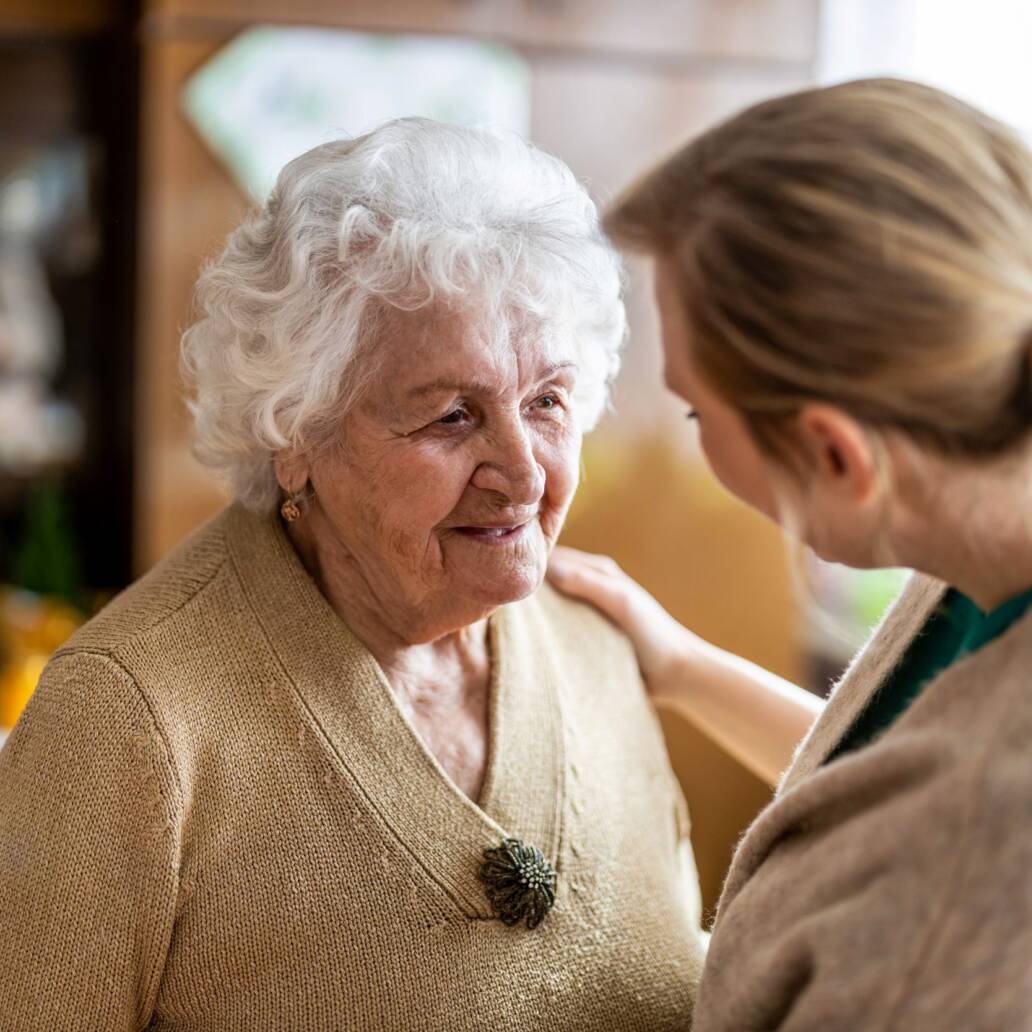As caregivers, we deal with the day-to-day difficulties when it comes to providing adequate care to a patient or a family member that we must take care of. Carrying out this task properly for a bedridden or a patient with restricted mobility, regardless of their age, implies certain difficulties. There are daily basic needs that must be met: personal care, home care and our physical and emotional health. If we are also caregivers at home or in the place of residence of the dependent, instead of in an institution specially prepared for it, it may be even more complicated.
It must be kept in mind that the person we care for and who is dependent needs help to clean themselves, get out of bed, eat, etc., and sometimes those needs overlap or even cancel those of the caregiver. Because of this we as caregivers need to be very patient, be able to listen and try to understand the situation of the person for whom we are responsible, without neglecting the individual needs so as not to run the risk of suffering the Burn-Out Syndrome.
It is good to prepare a list of tasks, create a schedule and of course seek help not to overload and rest. The level of disability must also be weighed since some people need minimal assistance, such as accompanying them on some trips, while others require full and constant assistance. Once the level of disability has been identified, we must bear in mind that there are fundamental points such as:
Hygiene
The health conditions and the cleansing of the skin are indirectly related to each other. Body cleansing in general is important from a hygienic and aesthetic point of view. Therefore, a good daily cleaning is essential to avoid complications caused by spending a lot of time in the same position or by the lack of hygiene in certain parts of the body. There are products available to perform the daily cleaning that will facilitate this work.
Another factor to keep in mind is to maintain privacy during hygiene time. It is necessary to go little by little and dry and cover the areas that we have already washed so that the patient does not stay cold and feel more comfortable. It is also advisable to clean from front to back, starting with the feet and taking the time necessary to not forget any area of the body. If the patient is in a wheelchair, we can transfer them to chairs especially designed for the shower or specific seats to be able to shower the patient easily or even, that he can do it himself.
It is vital for any patient, not only the dependent patient, to maintain a good grooming and to dress appropriately, since proper hygiene positively affects self-esteem.
A good diet
We must ensure that meals contain all types of food necessary for proper nutrition. This does not mean eating much but offering the right amount that the person in our care needs. Try to create an appropriate menu with the help of a specialist. If the patient has problems swallowing or chewing we should try to give him crushed and light foods and place the person in an upright posture (as long as he can tolerate it) to facilitate the intake. It is also important to maintain a good hydration by offering water regularly.
Manage medication correctly
First of all, we must know the medications that we manage and create a schedule of shots. We need to take into account the importance of the patient being awake and in a position to be able to take the medication in case it is administered orally. The dosage indicated by the doctor or pharmacist is of vital importance and you have to follow their guidelines, given that some medications can interfere with a negative effect with others that you are already taking.
Keep in mind that these tips are merely indicative but you should consult a healthcare professional so they can give you the necessary guidelines and perform the proper care. We love to help you to care!


